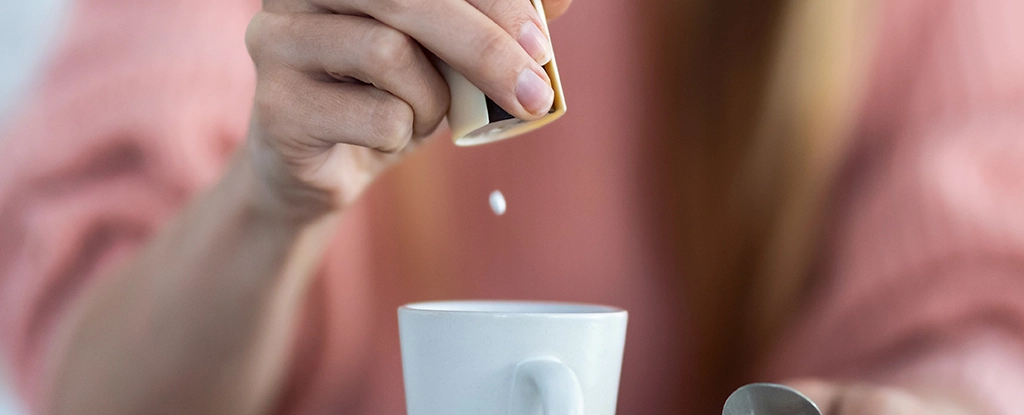A Popular Sweetener Was Linked to Increased Anxiety in Generations of Mice
A Popular Sweetener Was Linked to Increased Anxiety in Generations of Mice

A Popular Sweetener Was Linked to Increased Anxiety in Generations of Mice

A Popular Sweetener Was Linked to Increased Anxiety in Generations of Mice

A Popular Sweetener Was Linked to Increased Anxiety in Generations of Mice

You're viewing a single thread.
In my research to find a substitute for mom's sugar intake, Stevia came down to being the safest and most reliable, albeit not the best flavor substitute, necessarily.
And avoid Erythritol above all else.
Erythritol is tolerated by people at pretty varying rates. Some people have no issues, others have stomach problems. It doesn’t really bother me much.
I personally like allulose the best tho, but it’s not easy to get in the EU yet.
Digestive issues aside I'm mostly concerned with the evidenced increased risk of stroke and heart-attack.
In recent decades, some concerning research has been published about possible adverse health effects of erythritol.
An American study from 2001 found that people who used erythritol as a sweetener had a three-year increased risk of major adverse cardiac events – defined as non-fatal heart attack or stroke. While this was an incidental finding – meaning that the erythritol did not necessarily cause or contribute to their cardiac issues – it highlighted the need for more research to determine if using a sugar substitute predisposes a person to higher heart attack or stroke rates.
A 2021 study examined people who consumed erythritol or a similar sugar alcohol, xylitol. The results found that ingesting erythritol as a sugar substitute caused a spike in blood levels and increased the stickiness of the volunteers’ platelets. Platelets help the blood to clot if we cut ourselves, but if they are sticky, the risk of blood clots in the body increases, raising our risk of heart attack, stroke or other vascular issues.
While the findings still do not definitely prove that erythritol directly increases the risk for cardiovascular issues, the results indicate it may be best to avoid it until we have more evidence to suggest that it is or is not safe.
I can't find it anywhere on there but does it control for Obesity?
Most people who want a sugar alternative already have high rates of cardiac events.
A fair point that I don't know but further begs the question why that's not found in other sugar alternative studies.
Do we know that? I don't see that anywhere in the article or the source
I don't even see it has increased risk compared to regular sugar. Just "increased".